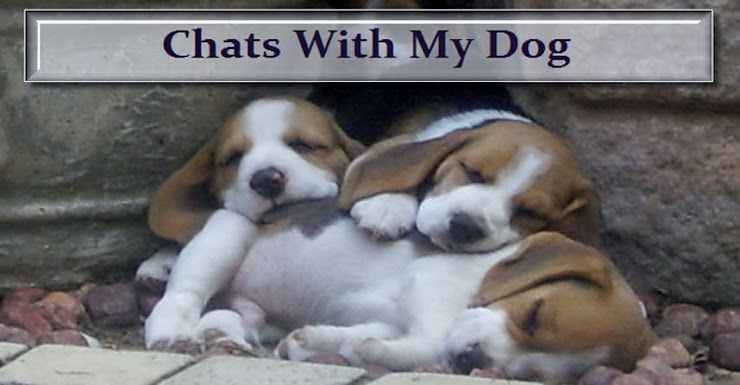If you read "Dogs"' by Coppinger and Coppinger they explore the development of the dog over many, many centuries since the time of the Mesolithic people.
At some stage, people decided that dogs could be useful. With the creation of breeds, the dog was changed into something that pleased humans. We bred sheep dogs to helps us herd animals, sled dogs to pull supplies, retrievers to fetch an edible bird, scent hounds to follow prey, pointers and sight hounds to chase game or hunt down vermin holes and guard dogs to watch over our possessions.
But now we are putting these type of dogs into small gardens and small family units in cities and expect them to adapt to our way of life and repress their breed behaviour. So for me it would be logical to look at whether we are breeding the right kind of dog that can adapt to this kind of lifestyle.
But what do we breed today?
If I look around me, it seems to be all about "looks"; creating a dog with perfect confirmation and form. But they still retain their behavioural genes and that is to be highly active.
Pedigrees are perhaps the most disadvantaged because they are bred from a limited gene pool and have developed reputations as being highly strung dogs with strong breed characteristics. This makes them difficult to handle in a domestic environment. So these dogs are labelled "hyper active".
Are we breeding dogs that can adapt to the 21st century where their overwhelming role is to be "companion" dogs to millions of people living stressful lives in dense, dog unfriendly cities?
There are over 70 million dogs in the USA and most of them are "companion" dogs says American Behaviourist Patricia McConnell. She believes we keep pets because they are one of the few connections or bridges left for us with the natural world.
But changing the behaviour of a dog that was bred to be extremely active is not easy (unless you have trained, socialised and habituated it intensively in its first 4 months to curb its natural behaviour).
So my questions is: should breeders not be changing their focus? Should they not be breeding dogs that have the right behavioural genes to become "companion" dogs? Maybe these dogs would be happier because the fit between them and humans would better?
What do you think?

No comments:
Post a Comment